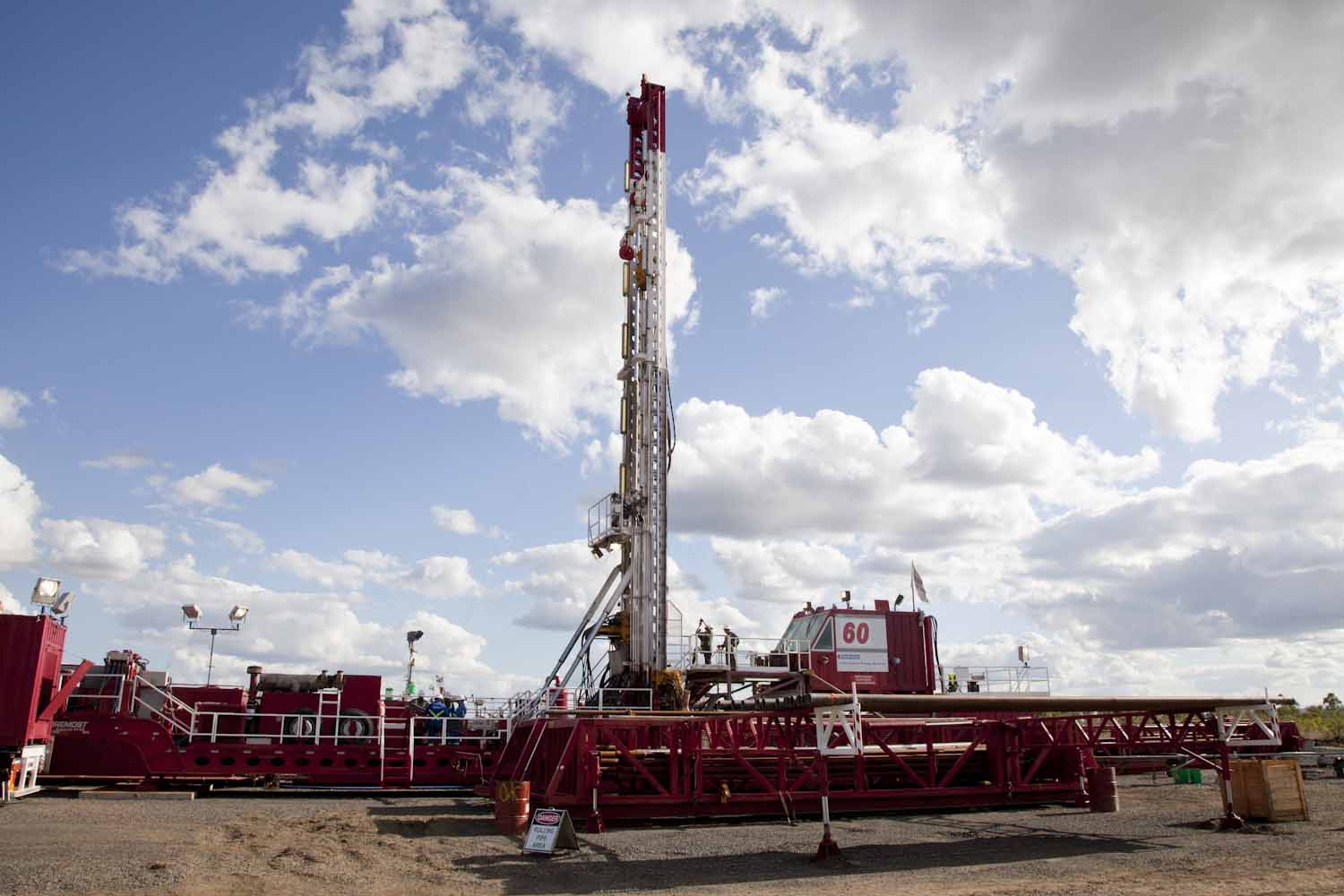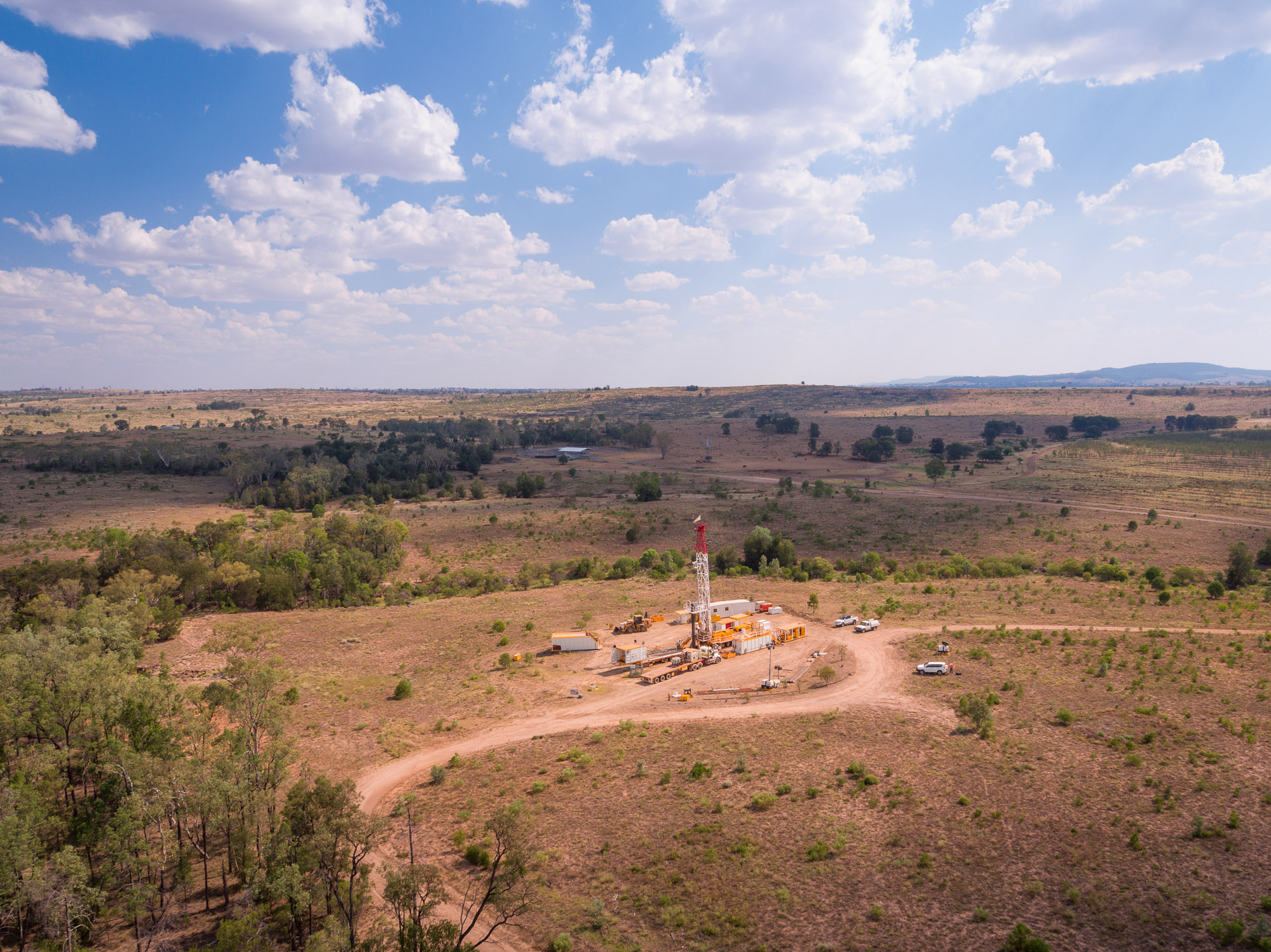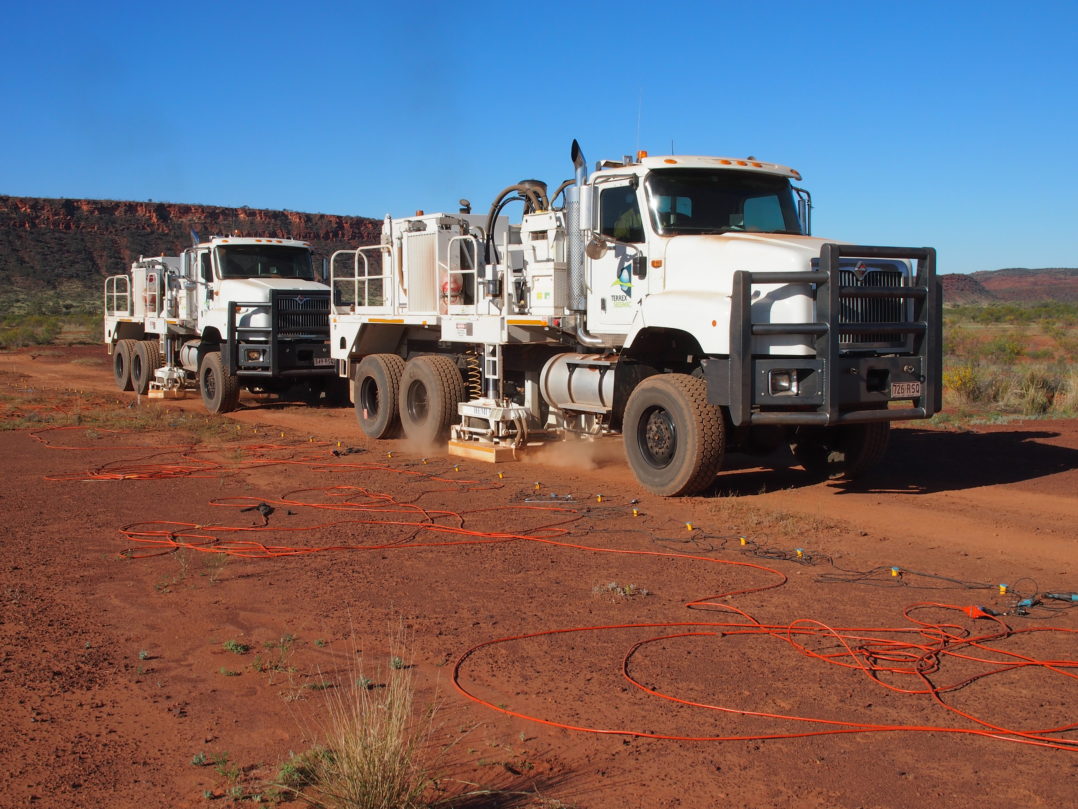Blue Energy is concerned about that additional layers of regulation governing hydraulic stimulation could burden an already labouring oil and gas industry.
Barely two weeks after the Northern Territory government lifted the moratorium on hydraulic fracturing in the north of Australia, Brisbane-based Blue Energy welcomed the development, but also noted some concerns in its quarterly activities report released last week.
“It is passing strange that for a technique which has been used in this country for the last 50 years (Cooper Basin and Amadeus) with no instances of verifiable environmental damage under existing legislation (either for conventional or shale gas exploration), that we now need more regulation to ensure the risks are managed properly,” Blue Energy said.
“The conclusion of the 18-month Scientific Inquiry into Hydraulic Fracture Stimulation in the NT was that ‘the challenges and risks associated with any onshore shale gas industry in the NT can be appropriately manage’d. This conclusion mirrors nearly every other inquiry into the Hydraulic Fracture Stimulation procedure held in Australian and globally.
“It appears that all of these inquiries find that all risks (technical and environmental – both real or perceived) with fracture stimulation are able to be managed effectively, by appropriate legislation.”
The final Pepper Report makes 135 recommendations covering issues related to water, land, greenhouse gas emissions, public health, aboriginal people and their culture, social and economic impacts and Regulatory Reform. Justice Pepper has stipulated that the Inquiry’s 135 recommendations must be implemented in full to ensure the industry operates safely.
Blue Energy said the detail of the legislative changes needed to incorporate all 135 recommendations is yet to be seen, and therefore the impact on the industry from additional time and cost perspective is as yet unknown.
The company also said the ramifications of the Victorian government actively discouraging exploration for and the development of gas resources in the onshore basins, will begin to be realized in the coming years.
“It needs to be remembered that it takes time to re-start the exploration process, with success not assured. In all the studies and investigations by the relevant quasi-government bodies, this situation could have been identified and action taken to rectify it.
“Instead there has been willful blindness to the current supply crisis (and resultant price regime), which is only now beginning. When added to the deliberate crippling of the electricity grid, and high price of new and cleaner energy sources, manufacturers and retail customers are paying the highest electricity prices on the planet, and for unstable supply.





